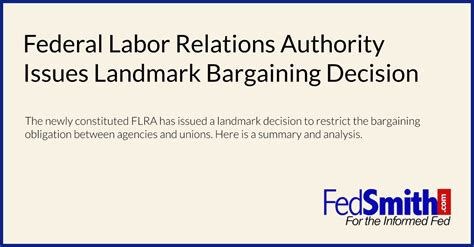In an unprecedented move destined to shake the pillars of corporate America, the Federal Trade Commission (FTC) has effectively banned noncompete agreements nationwide. This bold stride is seen by many as a significant boost for labor mobility and an impetus for innovation. This decision intersects with the burgeoning recognition of noncompetes not just as tools for protecting trade secrets but as shackles limiting employees’ career growth and stymying the competitive dynamics within key industries.
The discourse surrounding noncompete agreements has long been ridden with contention. Critics argue that such agreements stifle innovation by preventing skilled professionals from moving freely among industry roles, essentially locking up talent and curtailing the natural flow of ideas and skills. This appears to mirror the Silicon Valley model, where the absence of noncompetes has allowed for a bubbling cauldron of creativity and advancement. Conversely, supporters of noncompetes have traditionally held that they are crucial for protecting a business’s investments and trade secrets. However, the FTC’s new ruling underlines a significant shift in perspective at the governmental level, suggesting that the broader economic and creative benefits of banning noncompetes outweigh the potential risks of intellectual property leakage.
The rule isn’t without its nuances. Particularly notable is the carve-out for senior executives, who, due to their elevated access to sensitive information and decision-making capacities, are still bound by noncompete clauses under certain conditions. This distinction underscores a recognition of the varied roles within companies and the different levels of risk their mobility may pose to an organization’s operational secrets. However, the need for clear, specific communication from employers to employees about the enforceability of such agreements in the future is emphasized, avoiding unnecessary confusion and potential legal skirmishes.
Expected to face legal challenges, the FTC’s rule is a litmus test for the new administration’s stance on labor laws and their understanding of competitive practice. Despite pushback from various sectors, particularly high-profile corporations benefitting under the current system, this transformative decision could redefine employee rights and corporate practices across the nation. It’s a pivotal moment that echoes the broader global move towards greater labor flexibility and innovation-driven markets.
As we venture into this new terrain, the ripple effects of this ruling will be closely monitored by economic analysts, legal experts, and corporate strategists alike. The outcome of this bold regulatory step could very well determine the future pathways for America’s workforce and its capacity for innovation. It sets a precedent that may either open a Pandora’s box of employment litigation or pave the way for a freer, more dynamic labor market.


Leave a Reply